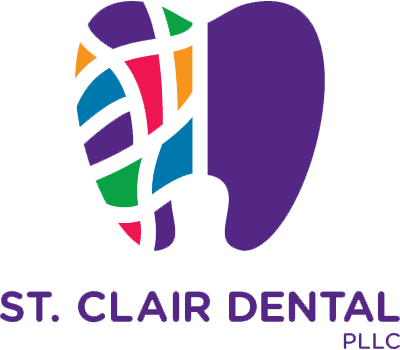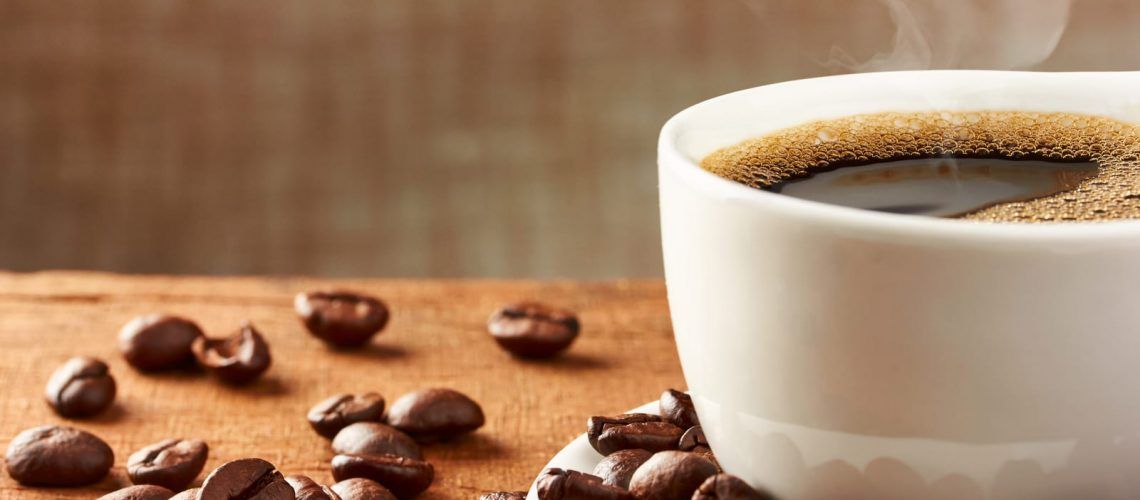For coffee enthusiasts, some fantastic news has surfaced. Coffee has always been seen as a proponent for cavity development, and with good reason. Often, because of the acidity and tannins present in coffee, coffee has always been encouraged to be limited throughout the day to protect the tooth’s enamel. However, recent studies have shown that there are also some positive benefits to your teeth when drinking coffee. So, coffee lovers rejoice! Let’s learn about what so great about coffee!
Coffee’s Positive Benefits For Your Teeth
Coffee as a standalone drink has always been known to harm your teeth, not just from the tannins’ acidity but from the heavy amounts of sugar and creamer added to coffee to make it sweeter and easier to drink. Often, when dentists advise against drinking coffee constantly, they’re referring to those added sugars, creams, and tannins that cause discoloration, which weakens the enamel and makes it more prone to cavities. However, new research has occurred to and has given many dentists a wake-up call to this caffeinated drink’s benefits.
Studies from the Journal of Conservative Dentistry observed the effects of roasted coffee on the teeth and have found that due to the extensive tannins present, those tannins also have antibacterial properties that can protect your teeth from certain bacteria. It’s particularly strong against the Streptococcus mutans bacteria strain most commonly found in the collections of bacteria that cause cavities. This means that drinking coffee as a standalone drink (with no sugar or creamer added) can reduce the amount of bacteria within your mouth, making it a formidable opponent against tooth decay.
The study also observed the different types of coffee and observed the degrees at which those antibacterial agents work best. Through observing different varieties of coffee, they found that:
- Instant coffee works most effectively at preventing bacteria from adhering to the tooth’s enamel.
- Ground coffee has the least amount of defense against cavities due to its limited ability to control bacterial adhesion.
- For those wondering about whether decaf or caffeinated matter, both caffeinated and decaffeinated versions don’t have any recognizable effect.
Hence, coffee not only gives an excellent boost to your day but also protects your teeth from cavity development when consumed as a standalone drink. So, what makes coffee so particularly important? Trigonelline is the active substance that contains all those antibacterial properties. Strangely enough, it is also responsible for the flavor and aroma found in coffee.
How To Drink Your Coffee Responsibly
Even while these positive benefits give relief to coffee lovers, too much coffee can still harm your teeth if you drink too much coffee or add way too much sugar and creamer. If you wish to prevent your oral health from developing cavities, try drinking coffee without sugar and creamer. If you refuse to give up the sweetness from your creamers and sugars, limit your coffee consumption to once a day, and make sure to brush and floss your teeth twice a day to prevent cavities from developing.

